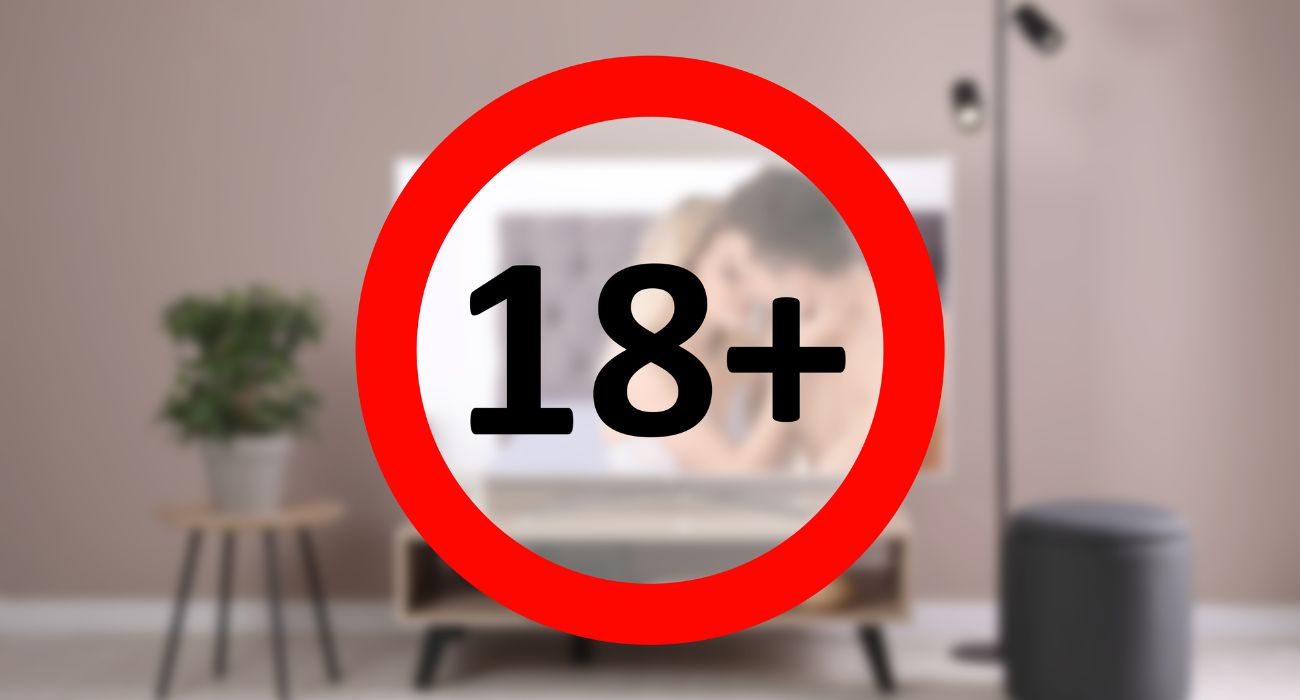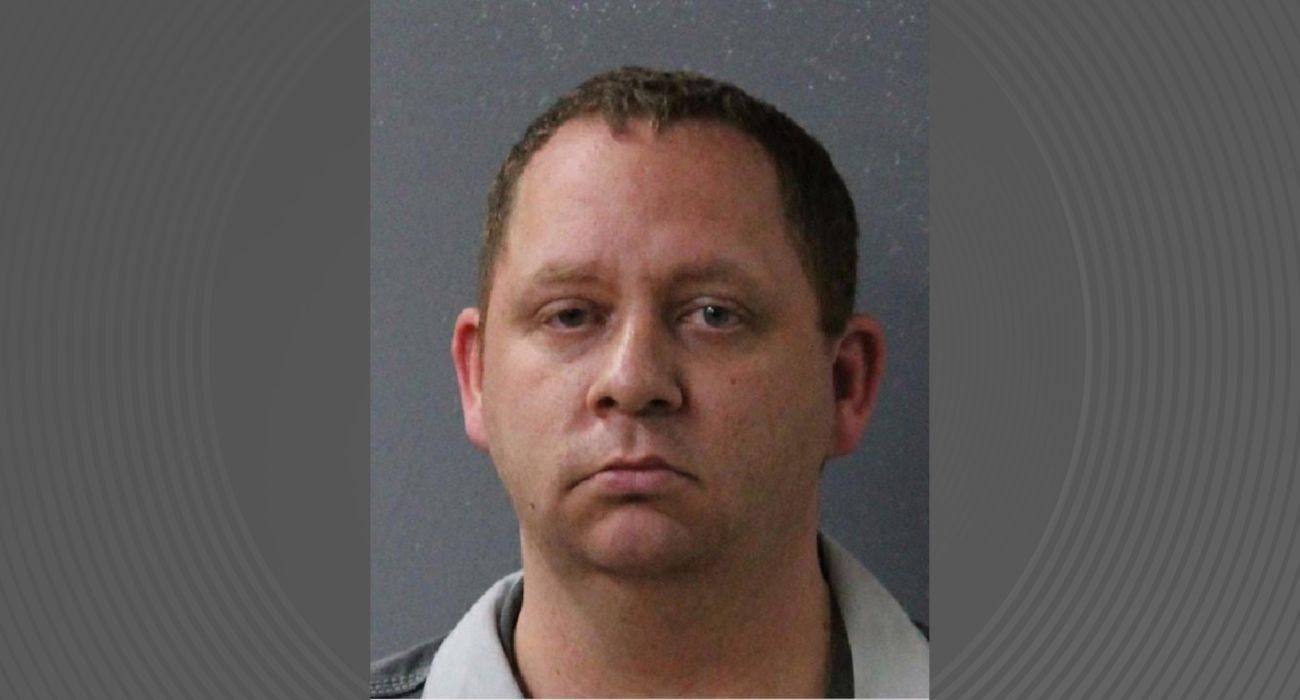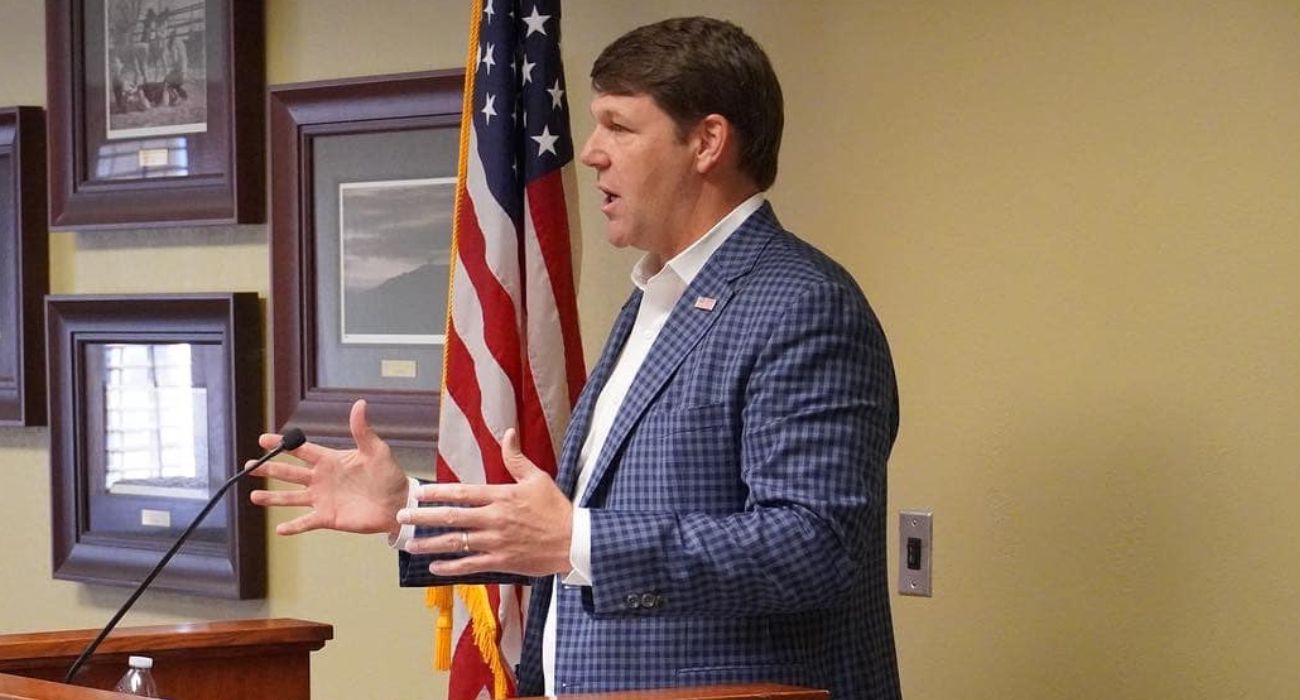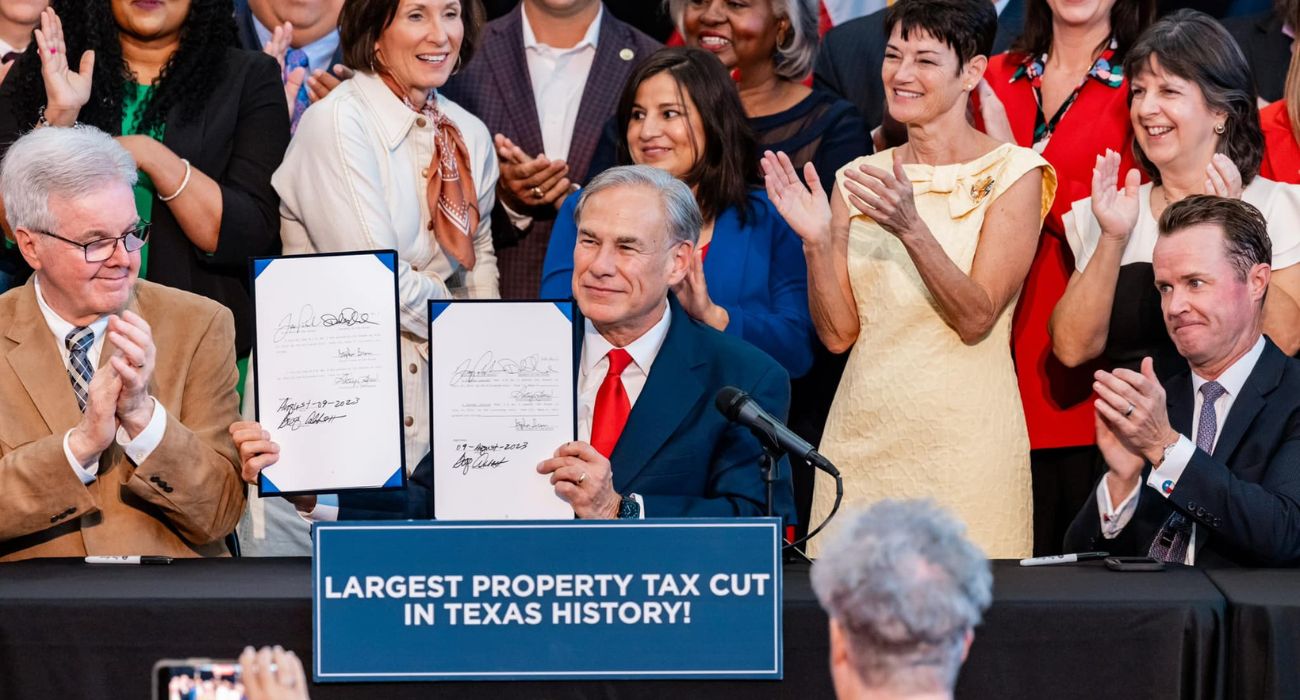Two bills under consideration in the Texas legislature could shield minors from pornographic content if passed.
Last week, the Texas Senate Committee on State Affairs held hearings on Senate Bill 417 and Senate Bill 2021, both of which were authored by Texas Senator Angela Paxton (R-McKinney).
The legislation aims to restrict underage access to pornography.
According to Paxton, SB 417 would mandate that technology manufacturers automatically “activate the [explicit material] filter upon activation of the device in Texas to protect more minors from explicit material on the internet.”
Paxton noted that “children who use pornography are more prone to engage in risky sexual behaviors and are at risk of sexual victimization, which is also linked to mental health disorders,” as reported by Texas Scorecard.
In addition, she shared research indicating the addictive nature of pornography and that “exposure to explicit content in childhood is linked to an increase in the demand for child pornography, child exploitation, human trafficking, and prostitution.”
According to Paxton, SB 2021 would require publishers and distributors of “sexually explicit website content to create an 18+ age verification in order to view the website content.”
The bill would allow parents to sue publishers and distributors who do not have a working age verification system.
“Similar age verifications are already used in the United States and around the world to prevent minors from things like online gambling, online purchase of alcohol, [and] online purchase of cannabis,” Paxton said.
Deasha Wiggins testified in favor of SB 417 and said she “explored hardcore pornography” as a child while living in foster care and group homes.
“I tried to imitate those scenes, which put me in very dangerous situations,” she explained, per Texas Scorecard.
“Plenty of kids I knew and lived with accessed hardcore pornography at a young age,” Wiggins continued. “I have friends who have been choked, slapped, spanked, and raped because that’s what people using pornography think sex is about.”
“The situation could be quickly improved if it was harder to access pornography on our devices automatically, as SB 417 would require,” Wiggins claimed. “Don’t tell me it is hard for these multibillion-dollar companies to figure it out.”
Zach Whiting, senior fellow of technology policy for the Texas Public Policy Foundation, sent two statements to The Dallas Express in which he said these bills are “an important first step” in “keeping kids safe online.”
“We hope the Legislature will go further this session and take up other measures to keep kids and vulnerable users safe online,” he said. “Many of the harms of exposure to explicit content can be mitigated by simply requiring manufacturers to flip the filtering switches they already have on.”
However, Servando Esparza, executive director of the Southeast region of TechNet, testified against the bill.
“Completely reliable identification, blocking, and filtering capabilities like the ones that the bill calls for are not feasible,” he explained, per Texas Scorecard. “And what I mean by that is they’re not always going to be perfect.
“There’s over 250,000 websites that are created on a daily basis. … And so, the way that the bill is written, it requires that the filter has to be perfect because it places liability on the manufacturer when the filter is not perfect,” Esparza argued.
Both pieces of legislation were left pending in committee.






